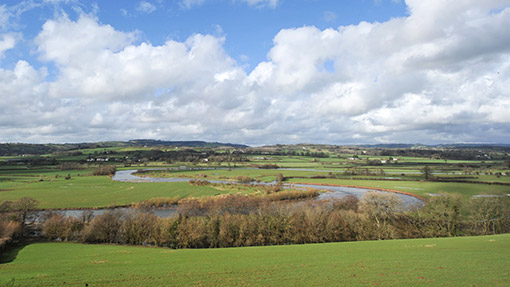Agriculture not biggest influence on Wales’ water quality

Tightening farm pollution controls won’t improve Wales’ water quality status unless stricter regulations are also applied to other sectors, according to NFU Cymru.
Data from the Welsh government’s Water Strategy for Wales consultation document shows agriculture is just one of many sectors that affect water quality.
In fact, agriculture is to blame for less than 15% of failures under the Water Framework Directive – even though 80% of land in Wales is used for agricultural production.
Most of those failures relate to livestock poaching, erosion of riverbanks and fields, run-off from grassland and arable fields, tracks and farmyards, and the poor management of slurry.
NFU Cymru insists that agriculture must not be the sole focus of Wales’ bid to meet a targeted 100% water quality compliance by 2021.
Read also: Consultation threatens viability of Welsh hydro schemes
The union’s rural affairs board chairman, Bernard Llewellyn, said agriculture had a role to play, but that it should not be an “easy target’’ where diffuse pollution issues are present.
“The data suggests there are a range of issues affecting water quality in Wales and a wide range of public and private sector organisations and individuals all have a role to play,” he said.
NFU Cymru believes further regulation in the farming sector is not the answer.
“Farmers in Wales are already governed by a raft of regulations, together with cross-compliance, to deliver baseline environmental standards,” added Mr Llewellyn.
Livestock management, slurry storage and land management are among the areas being prioritised for tackling diffuse pollution.
Under the Welsh government proposals, the Glastir Advanced scheme will remain as the main mechanism for targeting activity to meet the Water Framework Directive requirements.
